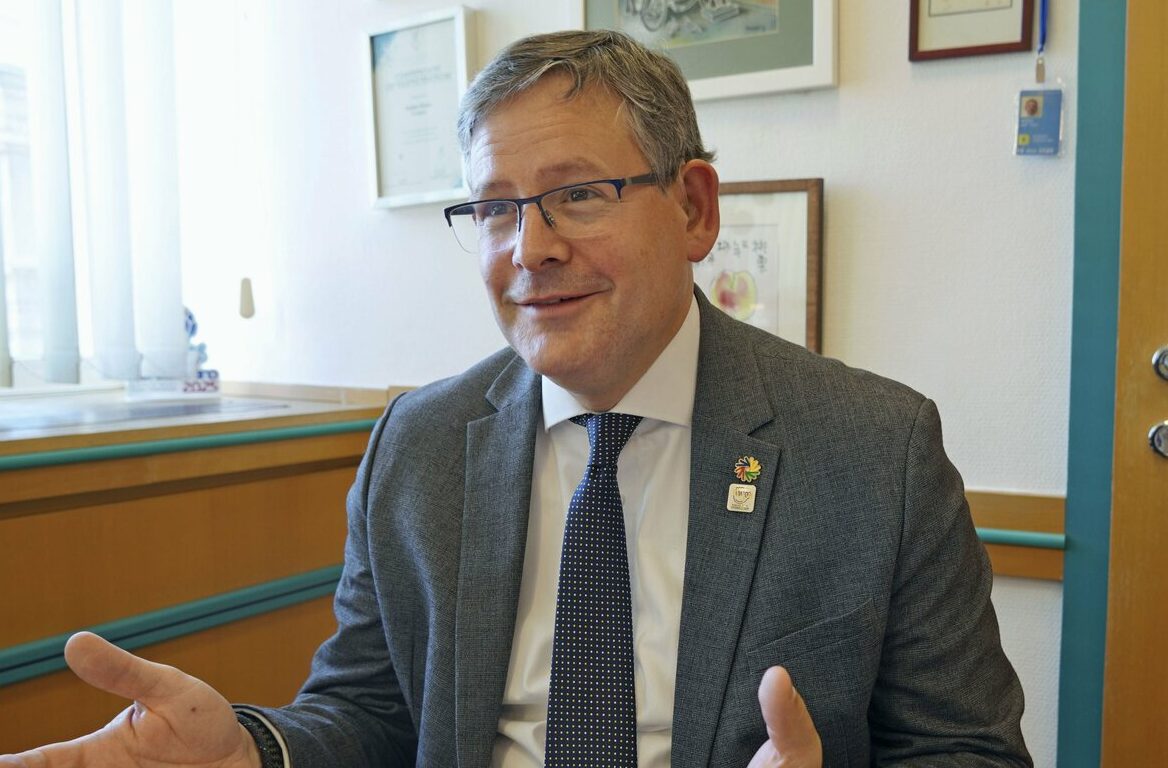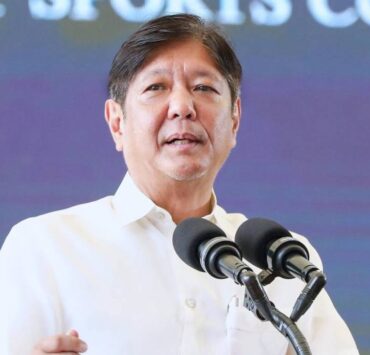Deaflympics head hopes Japan hosting will boost sign language use

With Japan set to host the Deaflympics for the first time next month, the head of the games has expressed hopes for greater sign language use in the country, saying it is at a “turning point” for acceptance of the deaf community.
In an exclusive interview with Kyodo News, Adam Kosa, the president of the International Committee of Sports for the Deaf, said that he hopes the Tokyo Deaflympics will bring “more positive changes” for the deaf community, paving the way for Japanese society to recognize and embrace them.
Around 3,000 athletes from about 80 countries and regions will take part in the games to be held in Tokyo.
Japan will be the second location in Asia to host the Deaflympics after Taiwan in 2009.
Kosa, who is deaf himself and a former member of European Parliament representing his native Hungary, said he hopes the games will help in eventually making Japanese Sign Language an official language of Japan for the deaf community.
Inclusion
Kosa, 50, said that legislation passed by the government this year was “important” in setting out the steps toward officially recognizing Japanese Sign Language. The legislation aims to promote the use of sign language in areas such as education.
He pointed out changes made in Taiwan, including in education and everyday life, that led to the inclusion of the deaf community since the island hosted the games.
Historically, sign language in Japan was not considered real language, but rather an inferior form of communication. Although schools for deaf people existed, students were forbidden from using sign language and were punished for doing so.
Referring to sign language as “an independent language,” Kosa said a “deaf person’s mother tongue is the sign language” and that spoken language was secondary for them.
During the games running from Nov. 15 to Nov. 26, Kosa said he hopes Japanese people can understand that “the key is using sign language” when they see the deaf athletes and the results they achieve.
Common language
As most countries have their own sign languages, Kosa said that International Sign—an artificially constructed sign language—will be the common language of the games. This is similar to how English is often used as a lingua franca in international settings.
Kosa said that despite the coronavirus pandemic impacting the Tokyo Paralympics in 2021, participants praised the event for its organization.
He added that, although the Deaflympic and Paralympic movements enjoy a good relationship and cooperate well, they have not reached a consensus on integration due to the Deaflympics’ unique culture and use of sign language.
Kosa emphasized that Tokyo’s selection to host the 2022 Deaflympics was important not only for Japan, but also for promoting and supporting countries in the wider Asian region. Notably, Laos and East-Timor are set to participate in the event for the first time.

















